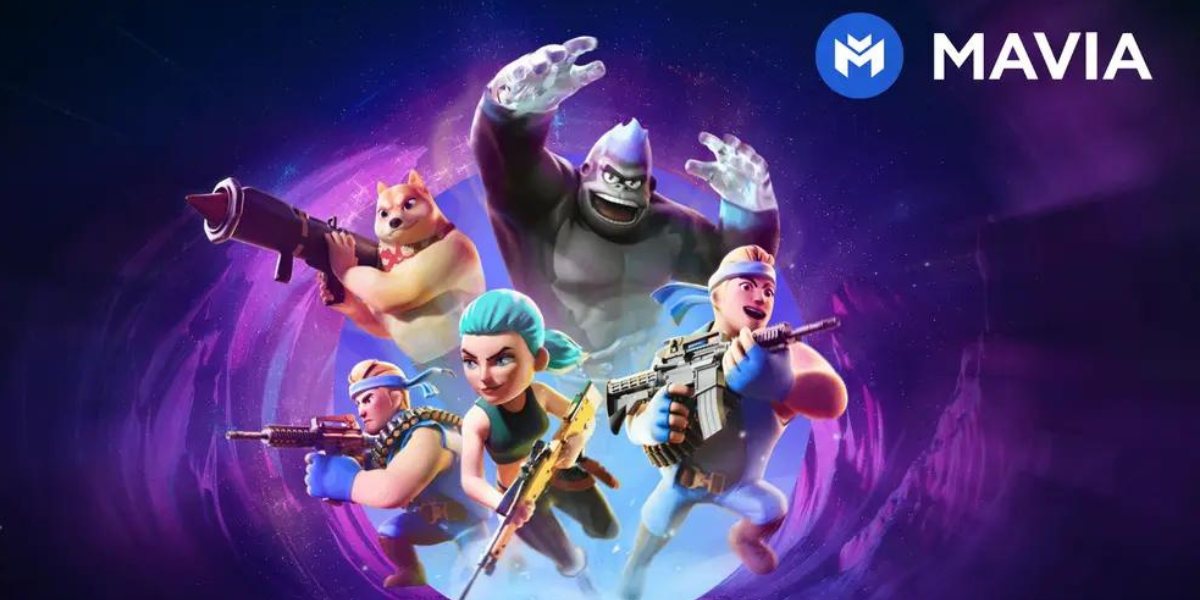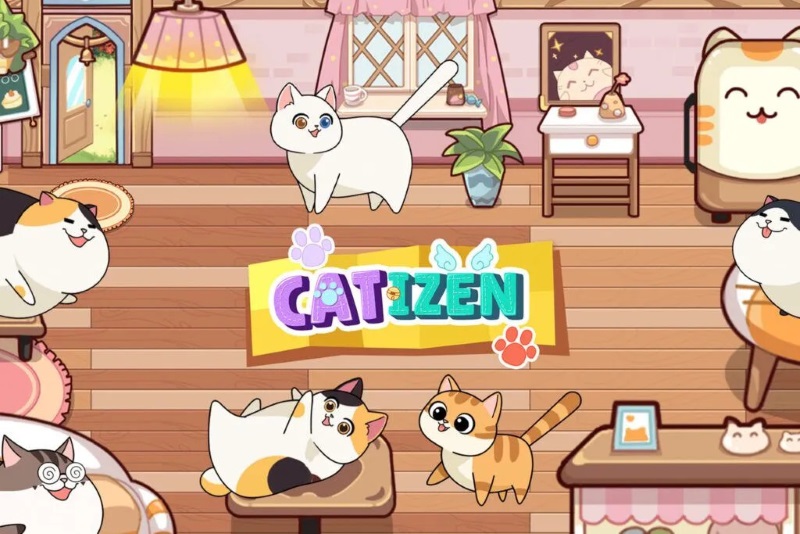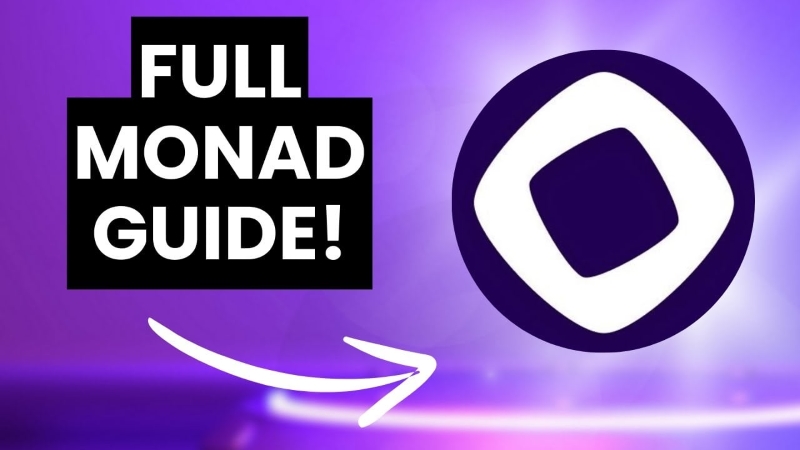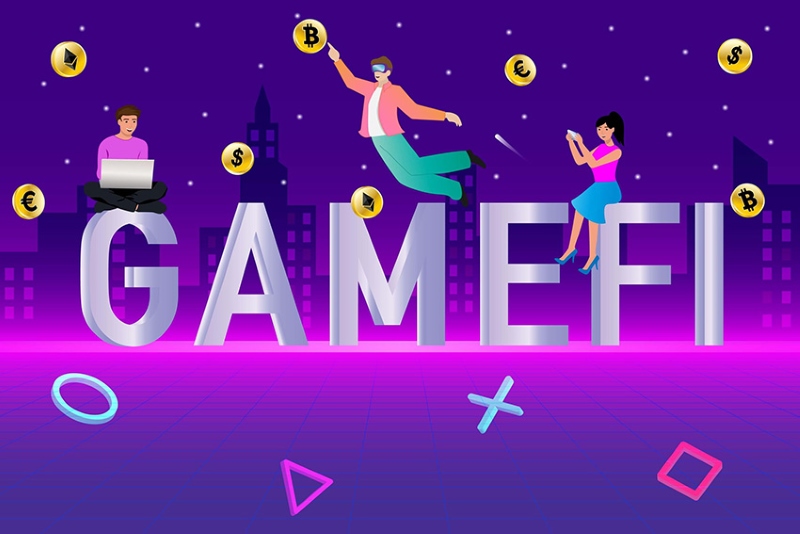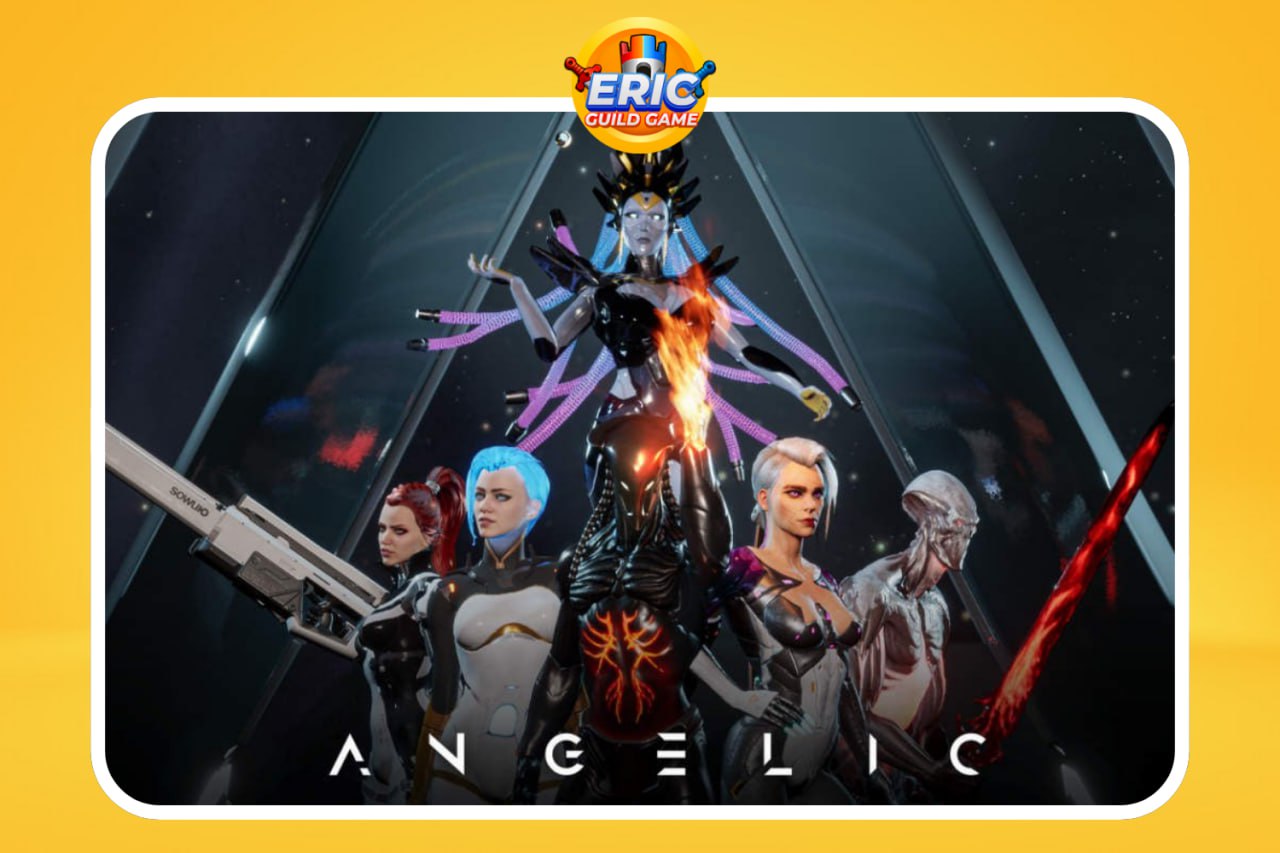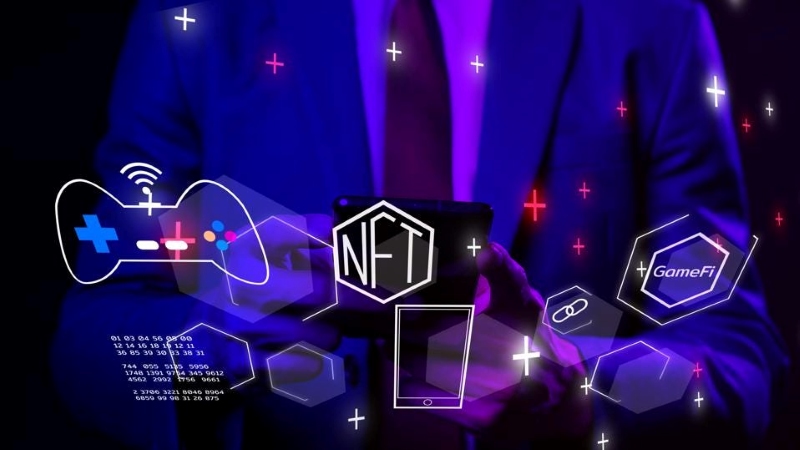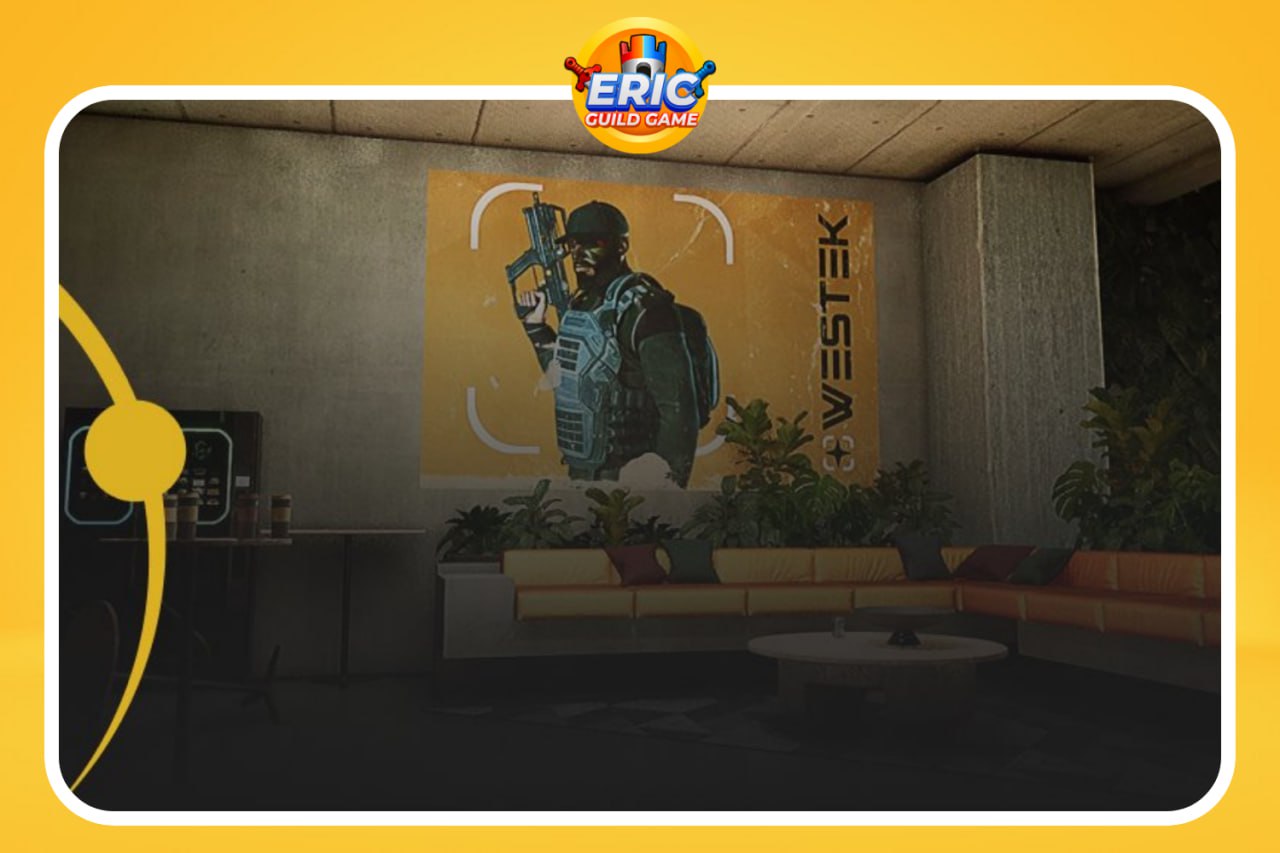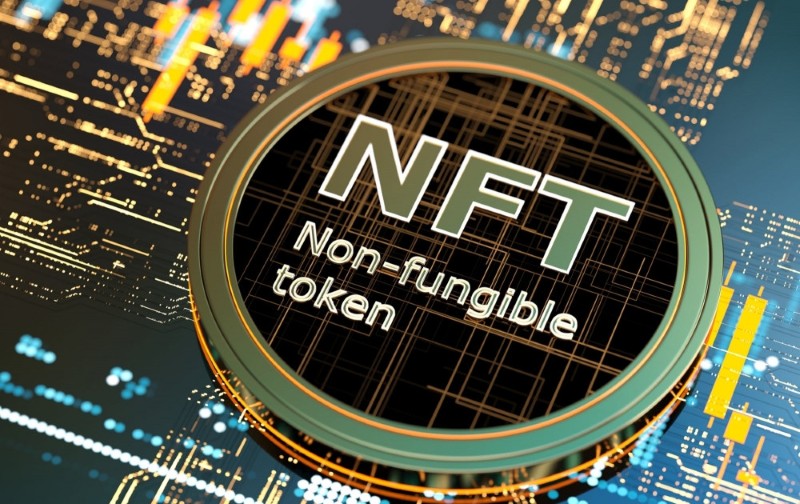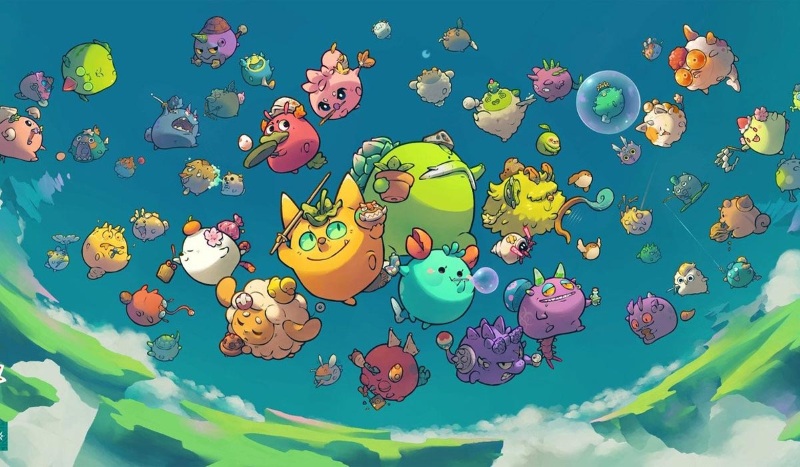Benefits of blockchain gaming allow players to have true assert ownership, secure transactions, and new ways to earn money in immersive virtual worlds.
What is blockchain gaming?
Before discovering the benefits of blockchain gaming, let’s learn about the differences between blockchain games and traditional games.
Firstly, traditional games rely on centralized servers, meaning all data is stored in the databases owned and controlled by the game developers. When players in-game purchase assets such as weapons, armor, or other items, these assets remain confined to the game and cannot be transferred or truly owned by the player. Basically, players do not have true ownership of the items they buy.
In contrast, blockchain games are a type of decentralized game. These ledgers store in-game assets—and sometimes even the game’s core logic outside the control of a single organization. As a result, players gain verifiable ownership of their assets, which are stored securely in their personal crypto wallets. These wallets are entirely private, granting players sole access to their possessions, even outside the gaming environment.
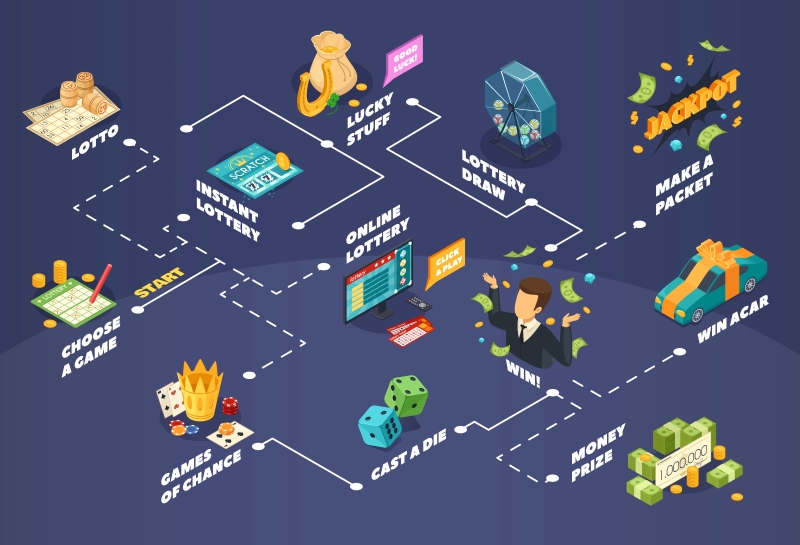
The integration of blockchain technology into gaming has redefined how games are played and how players interact with their virtual worlds. Blockchain gaming introduces real ownership, enhanced transparency, and even the potential to earn tangible rewards. For instance, players can collect valuable assets like trading cards in games such as Splinterlands—some of which can be sold for hundreds of dollars. Additionally, blockchain games enable players to earn in-game tokens that can be converted into real money, turning gameplay into a rewarding financial opportunity.
More than just entertainment, blockchain gaming offers an innovative way for players to invest their time and effort while reaping meaningful rewards. It’s not just about playing—it’s about creating value while enjoying the experience.
The current landscape of online gaming
The online gaming industry is massive and constantly growing, with a staggering 1.1 billion gamers worldwide spending approximately $26.14 billion on online games in 2023 alone. According to a survey by Unstoppable Games, the average gamer spends around $6,425 on virtual items over their lifetime, equating to about $104 annually. These purchases often include essential in-game items like resources, weapons, and extra lives, highlighting the dedication of gamers to enhancing their virtual experiences.
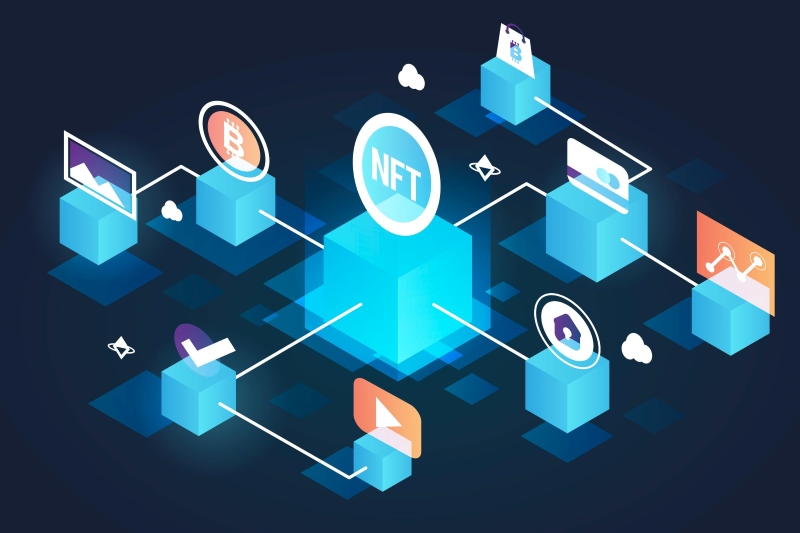
In-game purchases have become a cornerstone of modern gaming, providing players with tools to progress and succeed. However, a critical flaw lies in the lack of true ownership over these digital assets. When game studios decide to shut down a game, players lose not only their progress but also the assets they’ve invested real money into. This issue became evident in 2023 when over 60 games were discontinued, and 11 game studios closed, leaving players with no access to the items they had purchased. Unsurprisingly, over 50% of U.S. gamers expressed frustration with this limitation, according to the survey.
Additionally, 23% of gamers reported dissatisfaction with the difficulty of managing and transferring their digital assets. The restrictive and cumbersome nature of most blockchain gaming platforms has left many players feeling powerless when it comes to controlling their purchases.
As a result of these challenges, more players are turning to blockchain-based gaming platforms because they know about the benefits of blockchain gaming, such as true ownership of digital assets and the ability to transfer or trade them freely, empowering players and addressing the frustrations faced in traditional gaming setups.
What are the benefits of blockchain
Blockchain gaming introduces revolutionary benefits to the gaming industry, redefining how players interact with their in-game assets and experiences. Let’s explore the important benefits of blockchain gaming.
True ownership of assets
One of the primary frustrations gamers face is the potential loss of their virtual items when a game is shut down or a developer changes its policies. Blockchain gaming addresses this issue by ensuring players have full ownership of their in-game assets. Unlike traditional games, where assets are stored on centralized servers controlled by developers, the benefits of blockchain games allow players to use decentralized ledgers. This means:
- Players retain permanent ownership of their assets.
- Items are stored securely in blockchain wallets, much like cryptocurrencies or NFTs.
- Even if a gaming studio ceases operations, players still control their digital possessions.
In essence, blockchain gaming gives players unprecedented control and security over their investments in the gaming world.
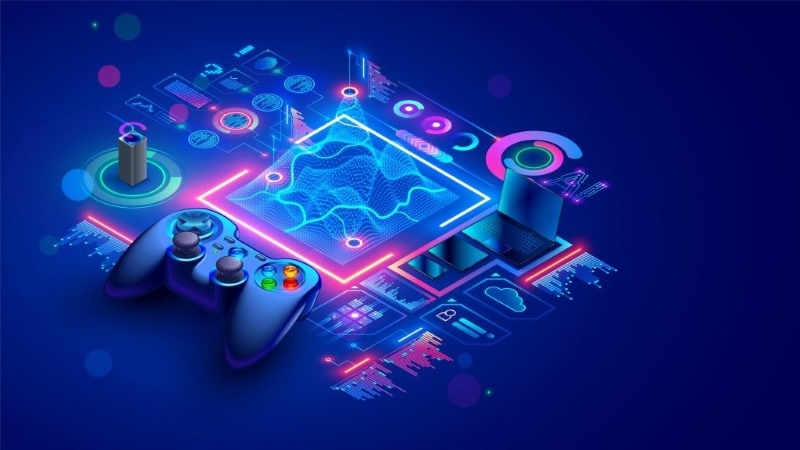
Interoperability across games
Another transformative feature of blockchain gaming is interoperability. This allows in-game items to be transferred and utilized across various games and platforms, significantly enhancing their value. For instance:
- A character or item earned in one game could be used in another, creating a unified gaming ecosystem.
- Example: A character from The Sandbox could appear in Decentraland, showcasing collaboration between different gaming environments and increasing the usability of digital assets.
This cross-platform functionality not only adds value to the assets but also encourages innovation and partnerships among game developers, fostering a richer gaming experience.
Monetization opportunities
Blockchain gaming enables players to monetize their efforts and assets, turning gaming into a profitable venture. Key monetization benefits include:
- Verifiable ownership of in-game items, often stored as NFTs.
- The ability to trade, buy, or sell assets for real-world value. For example, in Axie Infinity, players can breed, sell, or trade creatures, generating income.
- Items and currencies within games can maintain their value independently of the game’s lifecycle.
Imagine owning a rare in-game item, such as a sword, that could be sold for hundreds of dollars or even used in other games. This new dynamic transforms gaming into an investment opportunity.
Enhanced security
The decentralized and cryptographic nature of blockchain technology significantly enhances the security of gaming systems. Benefits include:
- Tamper-proof ledgers that record all transactions and assets.
- End-to-end encryption, reducing the risks of hacking and fraud.
- A transparent and immutable system that ensures the integrity of all data.
This level of security builds trust among players, ensuring their assets and transactions are protected.
Decentralized governance
Blockchain gaming often incorporates Decentralized Autonomous Organizations (DAOs), giving players a voice in the game’s development. Through DAOs, players can:
- Vote on game updates, rules, and other significant decisions.
- Actively influence the direction and evolution of the game.
This decentralized governance model empowers players and fosters a sense of community, making them active contributors rather than passive participants.
Blockchain gaming future
When technology continues to grow, blockchain is set to integrate even deeper into gaming ecosystems, unlocking unprecedented opportunities for both players and developers. Let’s delve into these trends shaping this exciting industry.
Metaverse integration, bridging virtual worlds and gaming
The metaverse is reshaping the gaming landscape, transitioning games from independent experiences into expansive virtual worlds. It offers limitless possibilities for interaction, trade, and social engagement.
- Shared economies: Players can purchase items in one game and use or trade them across a broader metaverse ecosystem.
- Immersive experiences: Technologies like virtual reality (VR) and augmented reality (AR) are merging with blockchain to deliver deeply engaging gameplay.
For example, platforms like The Sandbox, allowing users to own virtual land, create personalized experiences, and trade blockchain-powered assets. By 2024, this metaverse has attracted over 4 million participants, illustrating the potential of digital worlds.

Play-to-Earn (P2E): Transforming gaming into a profession
Play-to-earn models are transforming gaming by converting recreational activities into viable income sources.
- In-Game Rewards: Players earn cryptocurrency or non-fungible tokens (NFTs) through tasks like completing missions, leveling up, or winning battles.
- Real-World Benefits: In many developing countries, P2E games provide a significant source of income, making gaming more than just a pastime.
For instance, Axie Infinity reported in 2024 that its top players earned over $5,000 monthly, turning gaming into a sustainable career path. Moreover, newer games are adopting balanced P2E models that prioritize long-term economic stability alongside player rewards.
Tokenization of game assets: Creating digital economies
Blockchain facilitates the tokenization of in-game assets, making them unique, verifiable, and tradable. This capability fosters thriving secondary markets for buying, selling, and trading digital goods.
- Thriving ecosystems: Players and collectors can engage in dynamic marketplaces, trading rare or exclusive items.
- Business opportunities: Developers can capitalize on this trend by offering limited-edition or premium digital assets, generating new revenue streams.
Enhanced security and ownership
Blockchain’s decentralized framework ensures unparalleled security and ownership rights for players. Smart contracts provide transparent, immutable records of digital assets, eliminating fraud and unauthorized alterations.
- Trust building: These robust systems enhance trust between players and developers.
- Long-term relationships: Businesses leveraging blockchain’s security features can foster loyal and engaged user communities.
Community engagement and governance
Blockchain games empower players to actively participate in shaping the gaming experience through decentralized governance models.
- Player involvement: Governance tokens enable players to vote on game updates, ensuring their voices are heard.
- Stronger communities: Engaged players contribute to a loyal fan base, enhancing the game’s longevity.
Collaborative partnerships and brand integration
Blockchain gaming opens doors for cross-industry collaborations and brand integrations, offering mutual benefits.
- In-Game advertising: Businesses can place ads or feature products within games, reaching new audiences.
- Strategic partnerships: Collaborations with renowned brands can create innovative revenue streams and broaden market reach.
Emerging trends in blockchain gaming
- Eco-friendly solutions: Developers are shifting to energy-efficient blockchains like Solana and Tezos to address environmental concerns.
- AI-powered innovations: Artificial intelligence is enhancing gameplay with smarter NPCs, dynamic narratives, and personalized experiences.
- Cross-game interoperability: Players can transfer assets, such as characters and items, across multiple games, creating interconnected ecosystems.
For instance, Enjin’s Efinity Network is leading the charge in interoperability, enabling seamless asset transfers across games and platforms.
By 2025, blockchain gaming is projected to attract over 100 million players worldwide. Major gaming companies like Ubisoft and Square Enix are exploring blockchain, with NFT projects already underway, showing the potential of blockchain gaming is huge in the future.
Challenges of blockchain gaming
Blockchain gaming, though innovative, comes with its challenges. Developers must navigate the delicate balance between decentralization, scalability, and security. However, prioritizing all three simultaneously remains a significant hurdle. Let’s delve into the key challenges impacting blockchain-based gaming and consider “why are blockchain games bad” in the sight of a part of the public.
The Trade-off between decentralization and speed
One major issue is the slower transaction speeds inherent in blockchain systems compared to traditional gaming platforms. Networks like Bitcoin and Ethereum, being decentralized, naturally operate at a reduced pace when handling transactions. Scaling these games to accommodate high user activity often becomes a complex task, especially as player numbers grow.
Scalability and network overload
High user activity can lead to severe scalability bottlenecks in blockchain games. A surge in player transactions often overwhelms the network, causing delays and reducing the quality of gameplay. According to blockchain gaming news, this congestion can significantly impact a player’s overall gaming experience, making scalability a persistent concern for developers.
Steep learning curve for players
Blockchain gaming introduces players to a host of new technologies, from managing wallets to understanding digital assets and the underlying blockchain mechanisms. For newcomers, these concepts can seem intimidating, slowing adoption. Simplifying the user experience is essential to attracting and retaining players.
Financial barriers and accessibility issues
Many blockchain games require players to invest in cryptocurrencies or purchase digital assets, creating financial barriers. The cost of entry and transaction fees may discourage potential players, while limited access to cryptocurrencies or the need for technical knowledge can further restrict participation.
Regulatory hurdles and legal ambiguity
The regulatory landscape for blockchain gaming is still evolving and varies greatly by region. Developers face uncertainty regarding compliance with legal frameworks, which adds complexity to the development process. Adapting to new regulations and ensuring compliance remains an ongoing challenge.
Design and interface constraints
The integration of blockchain functionality into games often limits design flexibility. Developers must strike a balance between maintaining intuitive, visually engaging gameplay and incorporating blockchain features. Enhancing the user interface (UI) and creating seamless blockchain integration are critical for improving user satisfaction.
Security risks and vulnerabilities
Despite blockchain’s reputation for enhanced security, vulnerabilities such as smart contract bugs, hacking attempts, and phishing attacks still exist. These risks pose a threat to player assets, emphasizing the need for robust security protocols and player education on safe practices.
Development challenges and innovation barriers
Building blockchain-based games requires specialized skills and expertise, which are not yet widespread. The lack of accessible tools and resources for blockchain game development hinders innovation, while technical challenges often limit creativity. Overcoming these barriers is essential for fostering growth in the sector.
Overcoming misconceptions and public perception
Blockchain gaming is still a relatively new concept and faces skepticism tied to cryptocurrencies. Concerns about environmental impact and associations with illegal activities often cloud public opinion. Developers must focus on educating players, addressing misconceptions, and building trust to drive long-term adoption.
Conclusion
Blockchain gaming is transforming the way players engage with virtual worlds, offering benefits such as true ownership, interoperability, monetization opportunities, enhanced security, and decentralized governance. These features empower players by giving them control over their digital assets while fostering trust, creativity, and innovation within the gaming ecosystem.Despite its challenges, the integration of blockchain technology with metaverse ecosystems, play-to-earn models, and tokenized assets further underscores the promising future of this industry. As more players and developers embrace these advancements, blockchain gaming is set to redefine the gaming landscape, blending entertainment with investment opportunities and creating lasting value for its communities.
